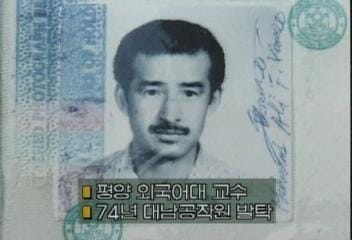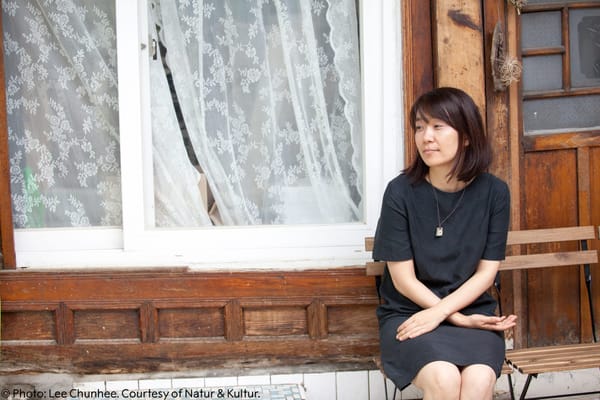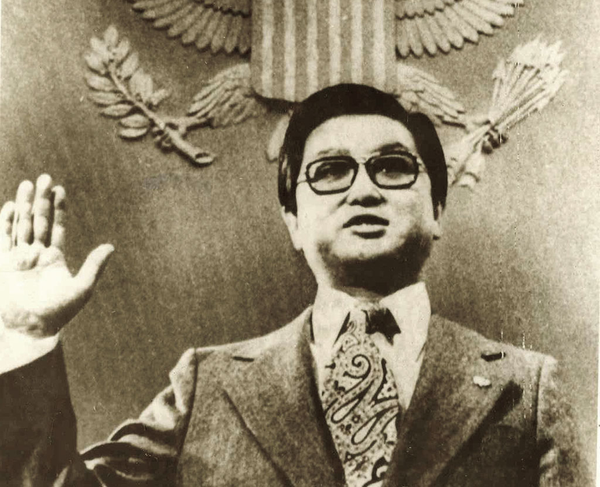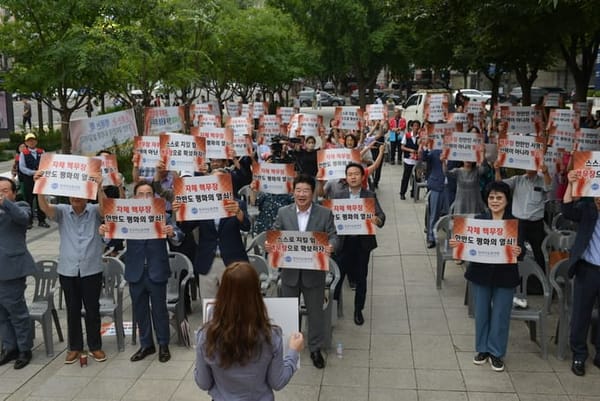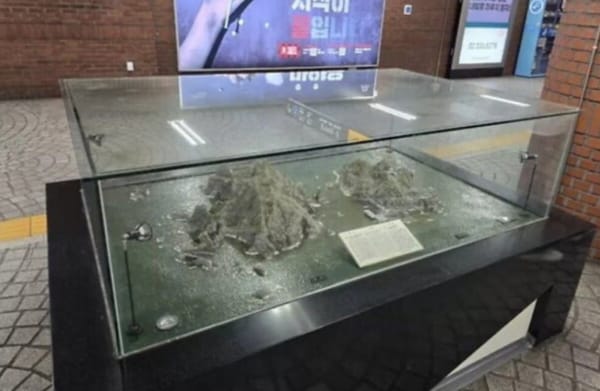Photo: Kim Ji-ha standing trial for the National Alliance of Young Students for Democracy case, c.1974. Credit: Mokpo Art Center.
On May 8, 2022, poet Kim Ji-ha 김지하 passed away at his home in Wonju, Gangwon-do Province 강원도 원주 after a year-long battle with cancer.
Born Kim Yeong-il 김영일, Kim was born on February 4, 1941 in Mokpo, Jeollanam-do Province 전라남도 목포. As a student at Seoul National University 국립서울대학교, Kim was active in the democracy movement including the April 19 Revolution 4.19 혁명 of 1960 that toppled the Syngman Rhee 이승만 dictatorship.
After making his literary debut in 1969 as a poet, Kim was arrested and tortured in 1970 for publishing a satirical poem titled The Five Enemies 오적 - chaebols, legislators, government officials, generals and cabinet ministers who Kim deemed as selling out the country. In 1975, Kim published With Burning Thirst 타는 목마름으로, widely considered the defining poem of South Korea’s struggle for democracy.
As an avowed enemy of the Park Chung-hee 박정희 and Chun Doo-hwan 전두환 dictatorships, Kim was arrested and tortured numerous times, and was sentenced to death in 1974 in the National Alliance of Young Students for Democracy 전국민주청년학생총연맹, in which the Park dictatorship arrested and tortured more than 250 democracy activists based on trumped-up charges of communist association. Kim avoided execution thanks to intervention by an international solidarity of writers, including Jean-Paul Sartre, Simone de Beauvoir and Noam Chomsky.
Later in his life, however, Kim Ji-ha made a dramatic about-face. In 1991 Kim penned an op-ed titled Put Away the Ritual of Death 죽음의 굿판을 걷어치워라, sharply criticizing the series of nine deaths by self-immolation in protest of the police killing of democracy activist Kang Gyeong-dae 강경대, who was beaten to death during a demonstration.
Undeterred by a massive backlash from the democracy activists, Kim would continue criticizing progressive politicians and expressly supported Park Geun-hye 박근혜’s presidency. Some have speculated Kim’s sudden change was a post traumatic stress disorder response to the torture he had undergone.



